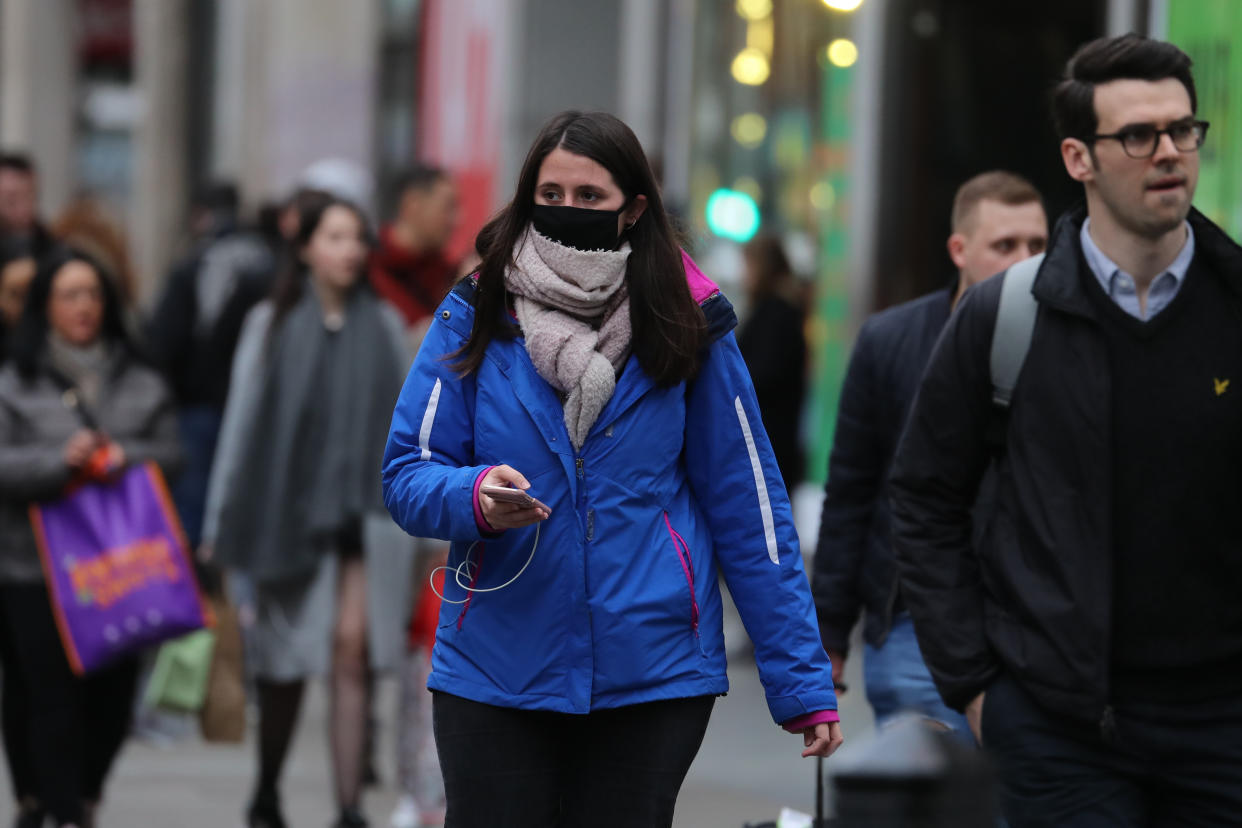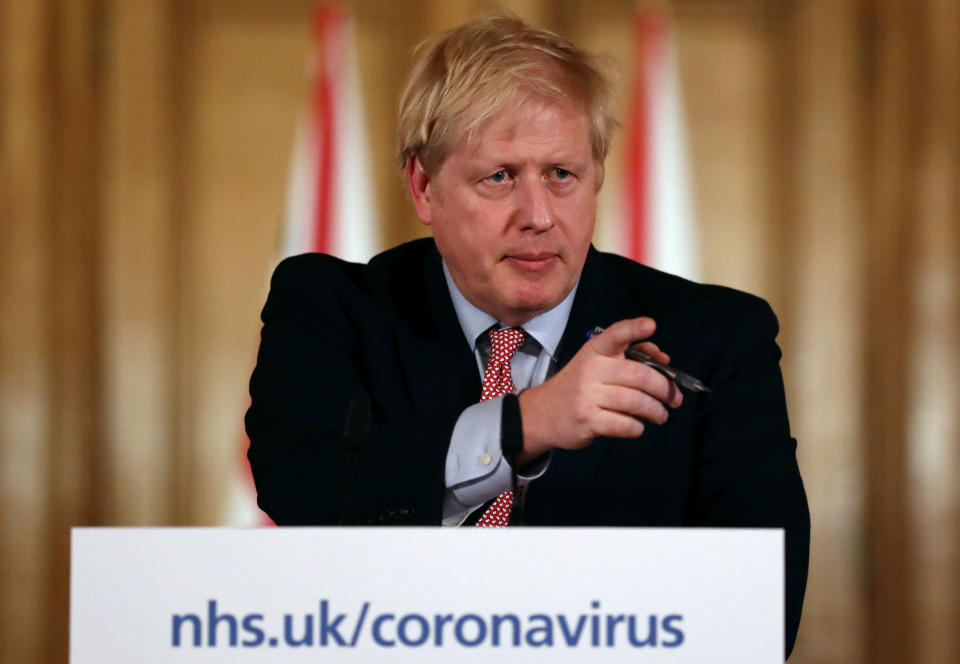Expert says prediction of 250,000 coronavirus deaths went from worst-case to most likely scenario under previous plans

The government’s original worst case prediction of “a very large number of deaths” and the NHS “being overwhelmed” in the coronavirus outbreak later became viewed as the most likely scenario as new information came to light, a scientist has revealed.
Professor Neil Ferguson, of the MRC Centre for Global Infectious Disease Analysis at Imperial College, worked on research that warned of a possible 250,000 deaths from the virus if more draconian measures were not taken. That research has advised government thinking.
He said there was “no option” but to introduce restrictions on the population and the government has now moved to tell people to stay away from pubs and restaurants, work from home and avoid non-essential travel as it tries to stop the virus spreading.
He told BBC Radio 4’s Today programme about the predictions of deaths: “We have no reason to believe that’s not what would happen if we frankly did nothing, and even if we did all we could just to slow but not reverse the spread we would still be looking at a very large number of deaths and the health system being overwhelmed.

“Initially when we came up with these sort of estimates they were viewed as what’s called a reasonable worst case, but as information has been gathered in recent weeks from, particularly Italy, but other countries, it’s become increasingly clear it’s not the reasonable worst case, it’s the most likely scenario.”
He said calculations from NHS planners on how much they could surge capacity in critical care played a key role in the research.
Latest coronavirus news, updates and advice
Live: Follow all the latest updates from the UK and around the world
Fact-checker: The number of Covid-19 cases in your local area
Explained: Symptoms, latest advice and how it compares to the flu
“Whilst they are planning a major expansion of that – cancelling elective surgery, building new beds, getting new ventilators – it just isn’t enough to fill the gaps that would be left,” he said.
“We are left with no option but to adopt this more draconian strategy.”
Asked if the measures should have been introduced earlier, he said: “I think we are still behind the epidemic seen in other European countries, so there’s always a balancing act involved in these sort of measures in order to balance the impact of those measures, the costs on the economy against the impact on the epidemic.
“I overall think we have got the timing about right.
“I think we’re about three weeks or so behind Italy, two weeks behind France and Spain, so we are making these decisions in a more timely manner than other European countries but certainly there wasn’t any time to lose.”
There have been calls to close schools and universities but he said that presents uncertainties and could have a negative impact on the NHS. A review into what could happen is under way.
Meanwhile, England’s deputy chief medical officer, Professor Jonathan Van-Tam, told the BBC said any further restrictions would depend on the how the next two weeks pan out.
Read more: Trump says US may not turn outbreak corner until August
He told Today that more people will encounter the coronavirus and become resistant with herd immunity, but said “that will take time”.
He added that “we can’t say how long this will need to go on for”.
“I don’t know if it could be a year yet. I think we are too far out to make those kind of predictions but I certainly think it could be several months.”


